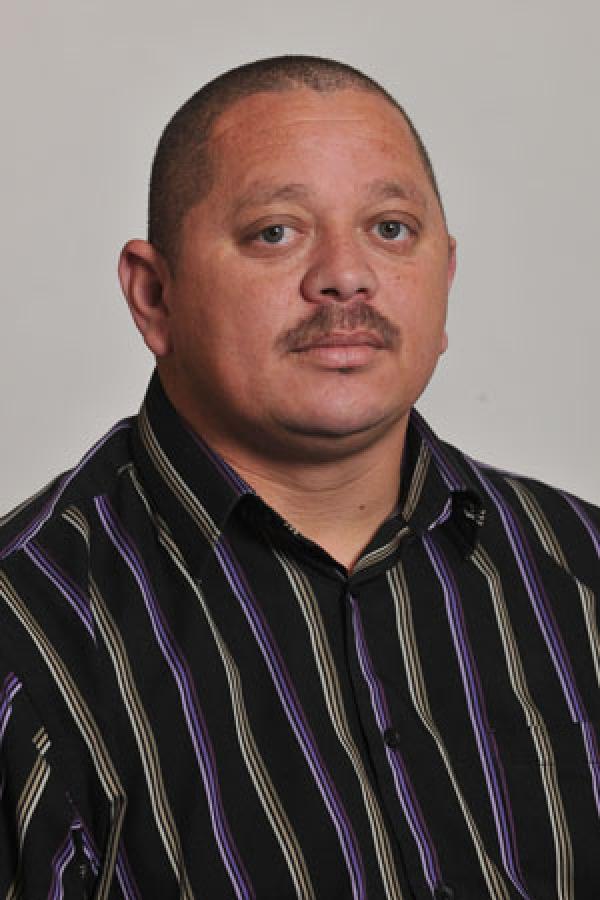

Counsellor Ernest Sonnenberg, Mayoral Committee member for Utility Services. Photo from City of Cape Town website.
10 July 2014
Counsellor Ernest Sonnenberg has written an open letter to Phumeza Mlungwana, General Secretary of the Social Justice Coalition (SJC). This follows the report published by GroundUp on the SJC’s toilet mapping initiative.
Dear Ms Mlungwana
It was with some surprise that the City of Cape Town has learnt of the Social Justice Coalition (SJC) and Ndifuna Ukwazi’s plan to ‘map’ toilets in Khayelitsha. These groups are reportedly undertaking this initiative with a view to creating a website and phone-based reporting system. If these reports are accurate, then it is very likely that these groupings will serve to retard, rather than improve service provision.
For years the City and the SJC have been engaging around the issue of toilet provision in Khayelitsha. A key theme of these engagements has been the City’s repeated requests to the SJC to report faults on the day that they arise. The City has a highly sophisticated fault reporting system. We have seen that the number of fault reports from informal areas is significantly lower than in more formal areas. As such, the City has proactively encouraged residents in informal areas to make use of this system, and the SJC could play an important role in assisting in this regard.
However, the SJC’s preference has always been to compile reports or ‘audits’, which means that the information eventually provided to the City is months out of date. This is profoundly frustrating and inherently unhelpful. It can be assumed that the compilation of reports of this kind is necessary for fund-raising purposes for the SJC and the motivation is then somewhat removed from improving service provision.
By continually failing to use the existing fault reporting system, City officials (who cannot be at all toilets at all times) will not necessarily know about a fault and therefore cannot fix it.
There is no excuse not to use the available reporting systems which are extensive. Reporting channels include a share-call line, an SMS system, email system and FreeCall lines at local municipal facilities, of which there are at least three in Khayelitsha. Once a complaint is logged on the City’s monitoring system, it will have to be addressed within the agreed time protocol. If it is an emergency (such as a burst pipe), a team is dispatched immediately; otherwise it would be allocated to a team on that day or if a report received in late afternoon, the following morning. The City of Cape Town, as a caring city, actively encourages all residents to use this system as it is fundamental to improving and enhancing service delivery.
As an additional measure the City has placed a GPS tag on the vast majority of toilets (excluding portable flush toilets) provided in informal settlements. The City has further appointed a service provider to design a live tracking system to ensure that we can further strengthen service provision.
The SJC is well aware of this; the information has been made available to them on countless occasions. Establishing an additional monitoring and reporting system will only serve to confuse residents by adding an inferior duplication.
Again questions need to be asked of the SJC as to why they would seek to undermine service delivery when they well know that there is an existing functioning system in place. Their efforts would be much better served if they focused on increasing community knowledge of current fault reporting system.
The City of Cape Town is fully committed to the best possible levels of service provision in informal settlements. We have ensured significant improvements in service provision in informal settlements, with the City recognised by national government as a leading provider of basic services in South Africa.
We would hope that in the future the SJC and its partners will refrain from putting their own interests ahead of actually improving service provision.
Kind regards,
Councillor Ernest Sonnenberg
Mayoral Committee Member for Utility Services
City of Cape Town
The letter is dated 9 July.